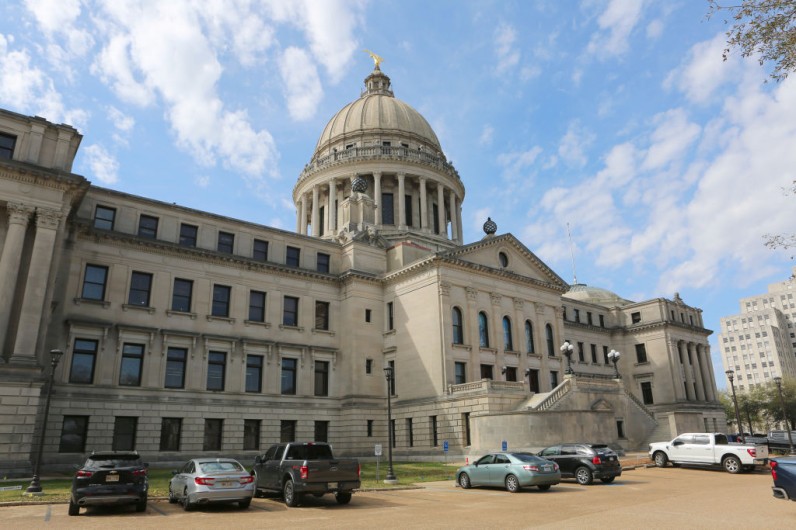
A federal judge blocked the Mississippi state government from enforcing a new law requiring social media users to verify their ages and restrict access by minors to sites if they lack parental permission or consent, citing that it might likely violate the First Amendment of the US Constitution.
In a decision dated Monday (July 1), US District Court judge Halil Suleyman Ozerden sided with the tech industry trade group NetChoice in finding the law unduly restricted its users' First Amendment rights.
Ozerden, a George W. Bush appointee, argued that a "substantial number" of applications in the law are "unconstitutional."
Reuters reported that the state law was supposed to be implemented Monday.
It is understood that the ruling was the latest development regarding the blocking of a state law designed to protect younger internet users from dangers posed by social media to their mental health.
READ NEXT : Facebook, Instagram Face EU Probe Over Suspicions of Failing to Impose Child Protection Policies
Blocking Mississippi's Online Child Safety Law
NetChoice is a trade group whose members include Meta's Facebook and Instagram, Alphabet's YouTube, Snap Inc.'s Snapchat, and Elon Musk's X. The organization sued the Mississippi government in June after the measure, known in the state as HB 1126, was signed into law by Governor Tate Reeves (R), arguing that the law stifled users' free speech and would force online businesses to censor speech.
The group previously won court rulings blocking similar social media parental consent laws in Arkansas and Ohio, as well as a children's digital privacy law in California.
Ozerden agreed that the law burdened adults' rights by requiring them to verify their ages before creating accounts to access a vast array of speech protected by the First Amendment, as well as a broad range of covered websites.
NetChoice Litigation Center director Chris Marchese welcomed the ruling in a statement, saying that it "stopped" Mississippi's law from censoring online speech, as well as limiting access to lawful information and undermining user privacy and security.
On the other hand, Mississippi Attorney General Lyn Fitch responded that her office disagreed with the ruling and would "continue to fight" for the law, but did not specify if they would escalate the case to the Court of Appeals and the Supreme Court.







Join the Conversation